Our collaboration with Experimental Intermedia continues with our seventh ZOOM IN: OLAP (Online Live Art Performance) community discussion forum. For this event we have invited Experimental Sound Studio (ESS) to talk about their Quarantine Concerts (TQC), an online streaming hub created in March 2020 with the goal of providing a centralized, generative space for sharing work, connecting with community, and maintaining a culture of supporting the arts. Originally conceived as a temporary fix until in-person performances could resume, TQC has since proven to fill a larger need in the music and performance community. In 2020 the series hosted over 1,000 artists in 182 shows curated by 109 partners, and enjoyed by 55,000+ unique viewers who donated over $90,000 in crowdsourced donations, 100% of which went directly to the artists performing each night. ESS has 148 virtual shows scheduled for 2021 to date.
Date: April 11, 2021
Time: 3 pm – 5 pm New York Time (EST)
Location: online on Zoom. Free. Check back for more information or click here to RSVP.
(p.s. the link is there when you click RSVP :)
Following the presentation and a Q & A, the forum will be open to anyone attending who would like to discuss any online live art performance ideas or projects as well as any technical or conceptual concerns.
The discussion forum will be led by media artist and curator Katherine Liberovskaya of Experimental Intermedia and Harvestworks Director Carol Parkinson.
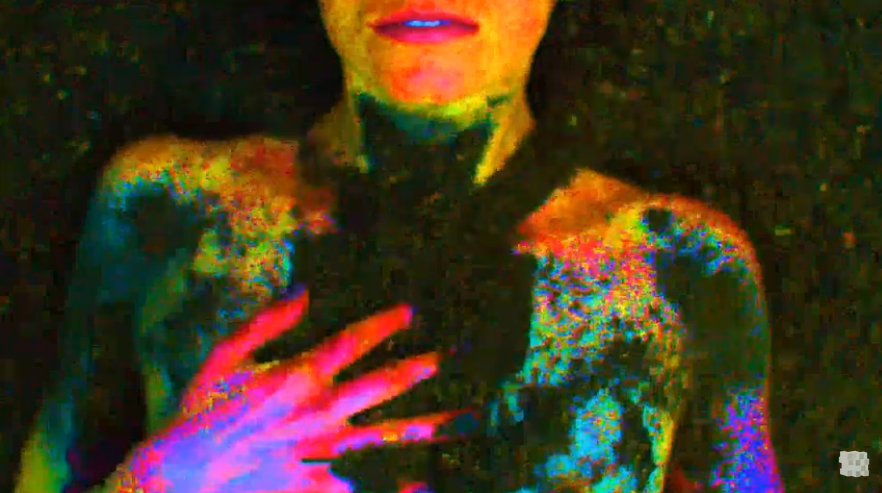
About the Artists
Kim Alpert combines analog and digital technologies, movement, music, and interactivity, to create sculptural and performance-based video systems. Kim’s visual practice centers on humanism with inquisitions into psychology and spirituality – understanding and translating the impact of visual language to create meaning. Kim uses digital and analog techniques, feedback, and found footage to weave dream tapestries both recorded and improvised. A significant part of Kim’s performed work is in collaboration with improvisational musicians, blending pre-rendered content with live visualizations. Kim performs in collaborative and cross-discipline works such as Mike Reed’s Flesh and Bone, Ken Vandermark’s Momentum, The Instigation Orchestra, and with her project Scan Lines. Kim Alpert holds degrees in Digital Art & Design from Full Sail University and was inducted into their hall of fame in 2013. Kim has displayed work at SOFA Expo, The Stony Island Arts Bank and Facets Cinematheque. Kim’s interactive room, Bodyphonic, a gesture driven instrument and longitudinal sound visualizer, is on display at the Studio Bell, National Music Center of Canada.
Alex Inglizian is a Chicago based artist, composer, musician, engineer and educator. His work explores the boundaries of noise, harmony, silence, space, performance, and improvisation. He is a graduate of The School of The Art Institute of Chicago and is currently a co-director and chief recording engineer at Experimental Sound Studio, an internationally recognized non-profit sound art organization. Alex is also a professor of sound for film studies and music production at Northwestern University and The School of The Art Institute. He frequently performs among the vibrant Chicago experimental music scene and regularly collaborates with filmmakers. Inglizian is deeply influenced by the rich history of experimental electronic music and improvisation, and continues to draw inspiration from the contemporary artists he works with professionally and creatively on a daily basis.
Daniel Wyche is a Chicago-based guitarist, composer and improviser. Working with a wide range of physical preparations, extended techniques, and pedal instruments, his solo recorded work and live performances are characterized by long-form structured improvisations. Recently, this approach has become increasingly integrated with the exploration of multi-channel performance and the spatialization of sound, including new compositions for quad- and 16-channel guitar. Daniel’s 2016 record “Our Severed Sleep” (with Ryan Packard) was called “a blowout to wake the dead” by the Wire, “reverent music,” by Decoder, and “an infinite swansong of bliss” by Tiny Mix Tapes. The 2017 self-titled release by the trio of Wyche, Ben Baker Billington (Tiger Hatchery, ONO, ADT), and Mark Shippy (US Maple, Invisible Things) on Astral Spirits was referred to as “flat-out exhilarating improvised mania” by Marc Masters. Both the trio’s Astral Spirits debut and followup on No Index were praised by Byron Coley in the Wire. Along with his solo work and Billington/Shippy/Wyche trio, Daniel is involved in regular collaborations with artists like Julian Lynch (Real Estate) and Ricardo Lagamosino (Many Arms, Lucy Dacus), and is highly active in the improvised and experimental communities in Chicago and beyond. A new trio release with LA-based saxophonist Patrick Shiroishi and percussionist Ted Byrnes is forthcoming in April 2020. Daniel’s work as curator and producer with the Elastic Arts Foundation in Chicago since 2013 has been described as “crucial” by Dusted and “vital” by the Chicago Reader. He is part-time faculty at the School of the Art Institute of Chicago, and holds a PhD from the University of Chicago.
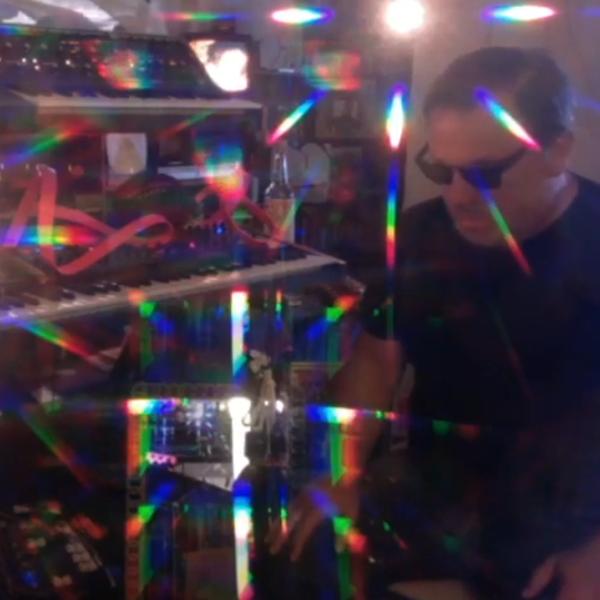
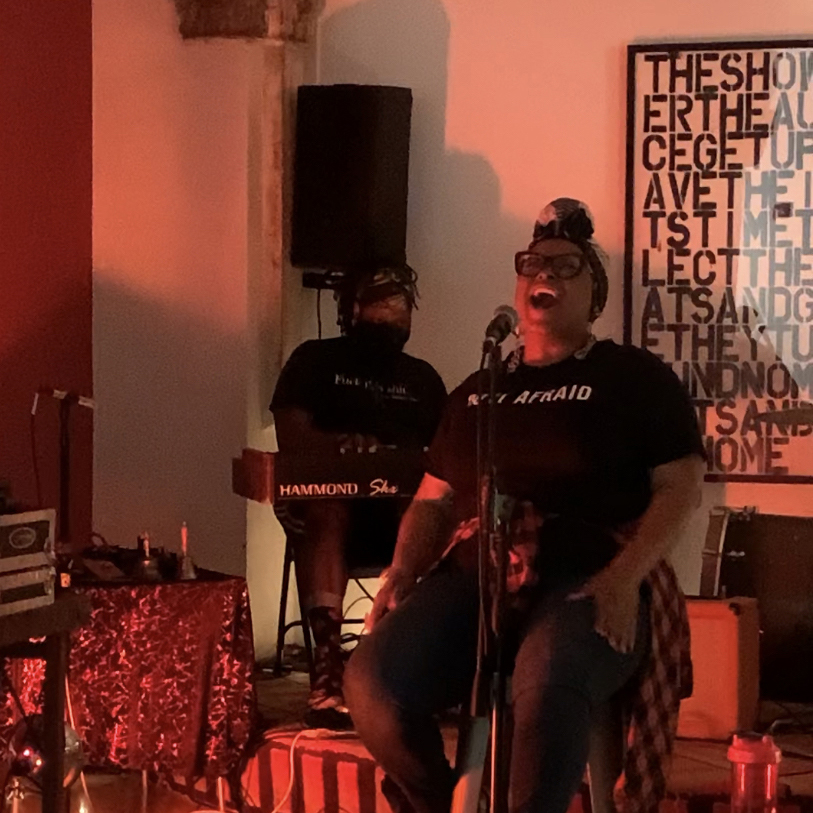
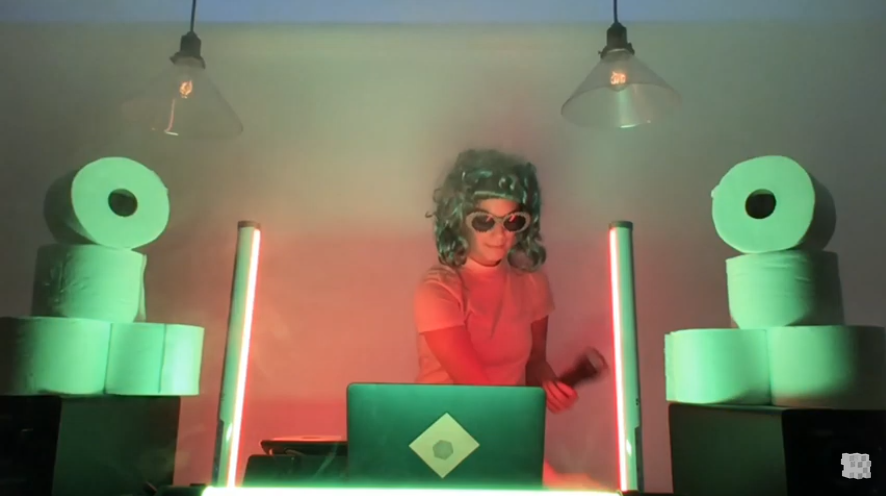
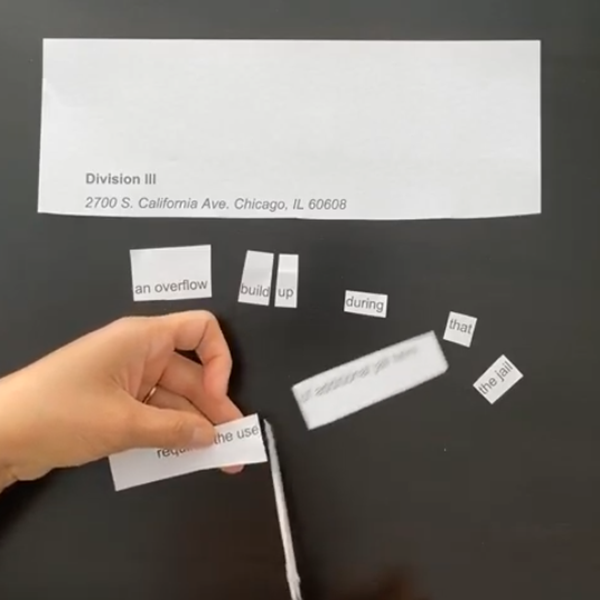
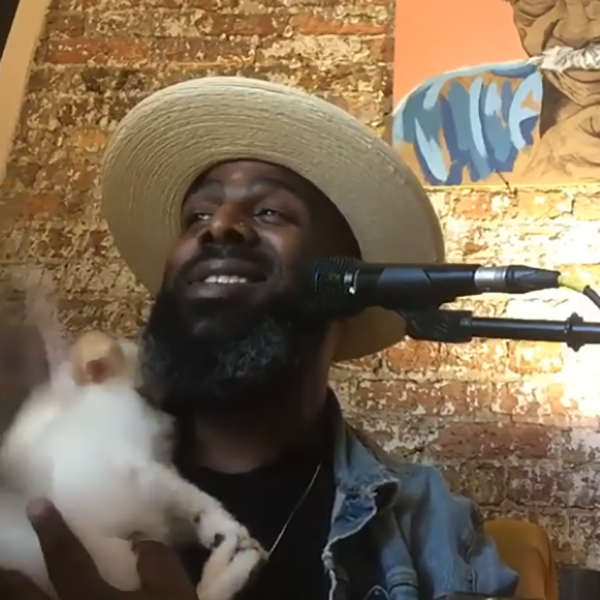
About The Quarantine Concerts
In March 2020 Experimental Sound Studio collaborated with organizers Ben Billington, Daniel Wyche, and Carrie Cooper to create The Quarantine Concerts (TQC), an online streaming hub with the goal of providing a centralized, generative space for sharing work, connecting with community, and maintaining a culture of supporting the arts. Originally conceived as a temporary fix until in-person performances could resume, TQC has since proven to fill a larger need in the music and performance community. In 2020 the series hosted over 1,000 artists in 182 shows curated by 109 partners, and enjoyed by 55,000+ unique viewers who donated over $90,000 in crowdsourced donations, 100% of which went directly to the artists performing each night. ESS has 148 virtual shows scheduled for 2021 to date.
Founded in 1986, Experimental Sound Studio is a Chicago-based nonprofit organization dedicated to artistic evolution and the creative exploration of sound. As an international hub for sonic experimentation, ESS nurtures artists, heralds new works, and builds a broad, supportive community of makers, enthusiasts, and creative partners through production, presentation, education, and preservation.
YouTube video documenting The Quarantine Concerts, by Brian Ashby: https://youtu.be/7k69N1tichw
Website: https://ess.org/
Instagram: https://www.instagram.com/esschicago/
Facebook: https://www.facebook.com/experimentalsoundstudio/
Twitter: https://twitter.com/ExSoSt
YouTube: https://www.youtube.com/channel/UCChJYTwUOqk1LNgUb_pIiqA
Press Interviews or Press Coverage
https://nightafternight.substack.com/p/singles-going-steady
The Wire, Joshua Minsoo Kim, June 2020
ZOOM IN: Online Live Art Performance
A collaborative initiative by Harvestworks and Experimental Intermedia ZOOM IN: OLAP is an online community forum conceived by Katherine Liberovskaya and Carol Parkinson to reflect on the aesthetic and technical dimensions of live streaming and to share knowledge among the participants. The meetings feature guest practitioners from different artistic fields (music, live visuals, performance, dance, theater) who speak about their approaches and experiments with online performance (sound, video, conferencing, streaming software, aesthetic and organizational approaches), followed by Q&A. The forum is also open to hearing about new ideas and projects that are in development as well as technical and/or conceptual concerns from the participants.
This initiative is a response to the unexpected arrival of the Covid pandemic that forced many live performance artists into live streaming as a make-shift temporary presentation alternative. Figuring it out on the fly, they were able to continue to produce some form of creative activity on the new platform… While this was so exciting, even keeping us sane in the early days of the coronavirus, the ever-increasing online live streaming events are starting to seem more and more all the same and are holding our attention less and less. We quickly found out that commercial web conferencing software was not designed for artistic performance. Worldwide, the virus seems here to stay, and the reality of in-person audiences being able to convene safely is moving further and further into the future. It is time to re-think the online presentation of live art practices and to imagine new approaches that are far better suited for the new performance stage.






